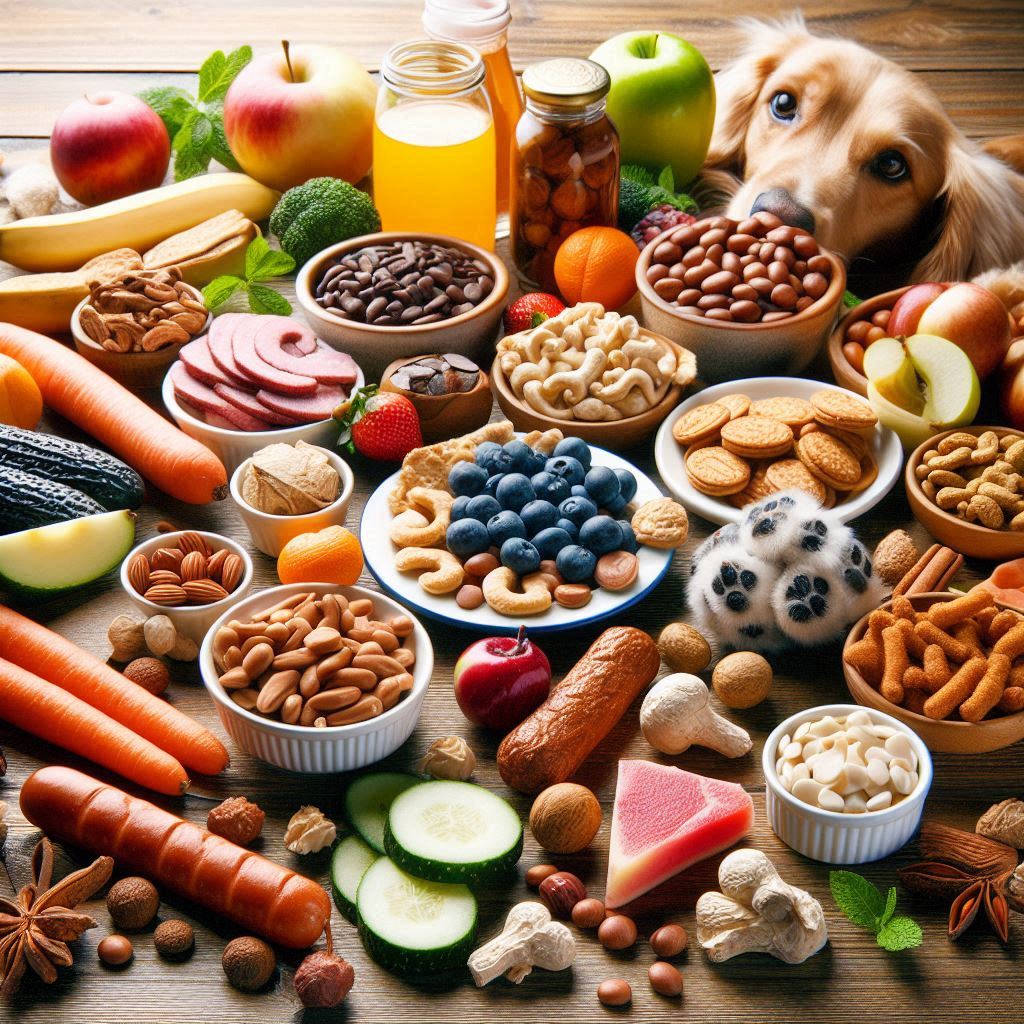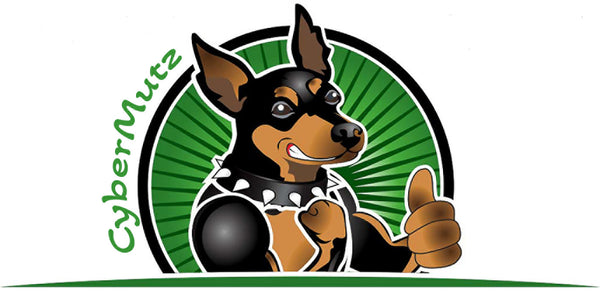
🍽️ The Best and Worst Human Foods for Dogs
Share
🍽️ The Best and Worst Human Foods for Dogs
We love to share food with our dogs, but not all human foods are safe or healthy for them. While some foods are perfectly fine for dogs in moderation, others can be dangerous and even life-threatening. In this guide, we’ll explore which human foods you can safely share with your pup and which ones to avoid at all costs.
The Best Human Foods for Dogs 🐾
Let’s start with some human foods that are actually good for dogs and can even be beneficial to their health when fed in moderation.
1. Carrots 🥕
Carrots are low in calories and high in fiber, making them an excellent snack for your dog. They’re also packed with vitamin A, which is great for your dog’s vision and overall health. Dogs love the crunchiness, so they can serve as a fun and healthy treat.
Tip: Slice them into small pieces to avoid a choking hazard, especially for smaller dogs.
2. Apples 🍏
Apples are a tasty and healthy snack for dogs. They are packed with vitamins A and C, as well as fiber, which can help support digestion. Just be sure to remove the seeds and core before giving them to your dog, as the seeds contain cyanide, which is toxic in large quantities.
Tip: Cut apples into small, manageable pieces to prevent choking.
3. Peanut Butter 🥜
Most dogs go crazy for peanut butter! It’s full of protein, healthy fats, and essential vitamins like B and E. Just be sure to choose peanut butter without xylitol (a sweetener toxic to dogs) and feed it in moderation.
Tip: Use peanut butter as a treat or as an ingredient in dog-friendly recipes.
4. Sweet Potatoes 🍠
Sweet potatoes are an excellent source of fiber, vitamins, and antioxidants. They are easy to digest and can be a great addition to your dog’s diet. You can cook them and serve them as a standalone treat or mix them into your dog’s regular food.
Tip: Bake or boil the sweet potatoes, and serve them without any added salt, butter, or seasonings.
5. Chicken (Cooked) 🍗
Cooked chicken (without bones or seasoning) is an excellent source of lean protein for your dog. It’s easy on their stomach, so it’s often used as a go-to option for dogs with digestive issues.
Tip: Avoid seasoning and make sure the chicken is fully cooked to avoid the risk of salmonella.
The Worst Human Foods for Dogs 🐕
Now, let’s talk about the foods that can be harmful—or even deadly—for your dog. It’s important to keep these out of your pup’s reach and never feed them these items.
1. Chocolate 🍫
Chocolate contains theobromine, which is toxic to dogs. Dark chocolate and unsweetened baking chocolate have the highest levels of theobromine, but even small amounts of milk chocolate can cause issues. The darker the chocolate, the more dangerous it is to dogs.
Symptoms of chocolate poisoning: Vomiting, diarrhea, rapid breathing, seizures, and in severe cases, death.
2. Onions and Garlic 🧄🧅
Both onions and garlic (in any form—raw, cooked, or powdered) are toxic to dogs. They contain compounds called thiosulfates that can cause damage to your dog’s red blood cells, leading to anemia.
Symptoms of poisoning: Lethargy, weakness, reduced appetite, and pale gums.
3. Grapes and Raisins 🍇
Grapes and raisins are highly toxic to dogs, and even small amounts can cause kidney failure. It’s still unclear what exactly in grapes and raisins causes this reaction, but the effect is severe and potentially fatal.
Symptoms of poisoning: Vomiting, diarrhea, loss of appetite, and lethargy.
4. Avocado 🥑
While avocados are healthy for humans, they contain a substance called persin, which can be toxic to dogs. In large amounts, avocado can cause vomiting, diarrhea, and other digestive issues in dogs.
Symptoms of avocado toxicity: Vomiting, diarrhea, and abdominal pain.
5. Xylitol (Sugar Substitute) 🍬
Xylitol is a sugar substitute found in many sugar-free gum, candies, baked goods, and even some peanut butter brands. It’s extremely toxic to dogs, causing a rapid drop in blood sugar levels, which can lead to seizures, liver failure, and death.
Symptoms of xylitol poisoning: Vomiting, lethargy, loss of coordination, and seizures.
What to Do If Your Dog Eats Something Harmful 🚑
If you suspect your dog has eaten something harmful, don’t panic! Take immediate action:
1. Call your vet or an emergency animal poison control hotline (the ASPCA Animal Poison Control Center at 1-888-426-4435).
2. Provide as much information as possible about what your dog ate, how much they consumed, and when it happened.
3. Follow the vet’s advice, which may include bringing your dog in for an evaluation or treatment.
Final Thoughts: A Balanced Diet for Your Dog 🐕🍽️
While it’s fun to share our food with our furry friends, it’s essential to remember that not all human foods are safe for dogs. Stick to the safe options like carrots, apples, and cooked chicken, and avoid toxic foods like chocolate, onions, and grapes. Always consult your vet if you’re unsure whether a food is safe for your dog.
Want to spoil your pup with some stylish dog apparel? Visit CyberMutz.com for unique and fun designs that your dog will love!
